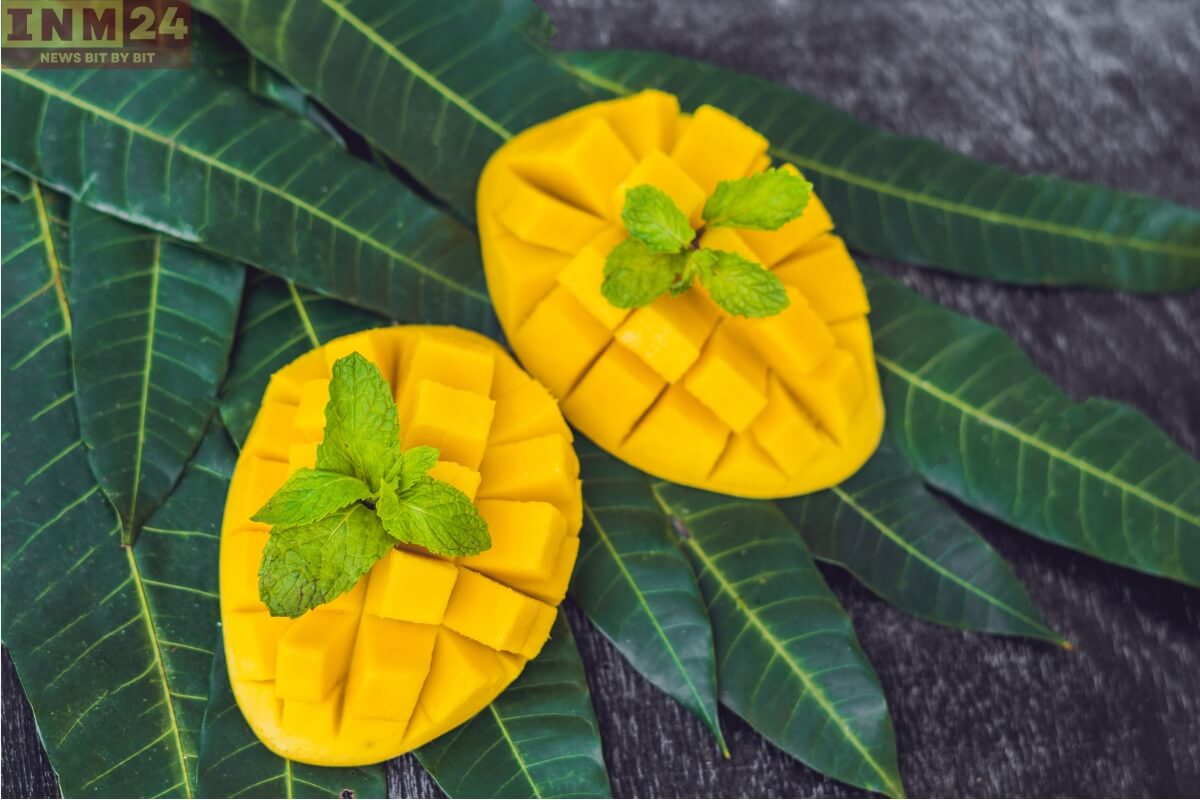Mango, often hailed as the king of fruits, is not only prized for its delicious taste but also for its numerous health benefits. While the juicy flesh of the mango is widely enjoyed, the leaves of the mango tree are often overlooked despite harboring a treasure trove of health secrets. From aiding digestion to combating serious diseases like asthma, mango leaves offer a myriad of medicinal properties that have been recognized for centuries. Let’s explore some of the incredible benefits of mango leaves and how they can contribute to overall well-being.
Asthma Management
One of the most remarkable benefits of mango leaves is their potential to alleviate symptoms of asthma. The leaves contain compounds such as flavonoids and phenols that possess anti-inflammatory and bronchodilator properties, which can help open up the airways and improve breathing. Drinking a decoction made from mango leaves may provide relief from asthma attacks and promote respiratory health.
Blood Sugar Regulation
Mango leaves have been traditionally used in Ayurvedic and traditional medicine to help regulate blood sugar levels. Studies have shown that certain compounds found in mango leaves, such as tannins and anthocyanins, may help improve insulin production and glucose uptake, making them beneficial for individuals with diabetes. Regular consumption of mango leaf tea or extract may aid in managing blood sugar levels and reducing the risk of complications associated with diabetes.
Digestive Health
Mango leaves are rich in antioxidants and enzymes that promote digestive health. They can help stimulate the secretion of digestive enzymes, improve nutrient absorption, and alleviate digestive disorders such as indigestion, constipation, and diarrhea. Drinking mango leaf tea or chewing fresh mango leaves may soothe the stomach and promote overall digestive wellness.
Lowering Cholesterol Levels
Research suggests that mango leaves may have cholesterol-lowering effects, making them beneficial for cardiovascular health. Compounds present in mango leaves, such as mangiferin, have been shown to reduce levels of LDL (bad) cholesterol and triglycerides while increasing levels of HDL (good) cholesterol. Incorporating mango leaves into your diet may help maintain healthy cholesterol levels and reduce the risk of heart disease.
Antioxidant Protection
Mango leaves are rich in antioxidants, including phenolic compounds and vitamin C, which help combat oxidative stress and protect the body against cellular damage caused by free radicals. Antioxidants play a crucial role in reducing inflammation, boosting immunity, and preventing chronic diseases such as cancer, cardiovascular disease, and neurodegenerative disorders.
Incorporating mango leaves into your daily routine can be as simple as brewing them into a refreshing tea or adding them to your meals as a flavorful herb. However, it’s essential to consult with a healthcare professional before using mango leaves as a remedy, especially if you have any underlying health conditions or are taking medications. With their potent medicinal properties and diverse health benefits, mango leaves serve as a natural and accessible remedy for promoting overall health and well-being. So, the next time you enjoy a juicy mango, don’t forget to harness the power of its leaves for a healthier you.
